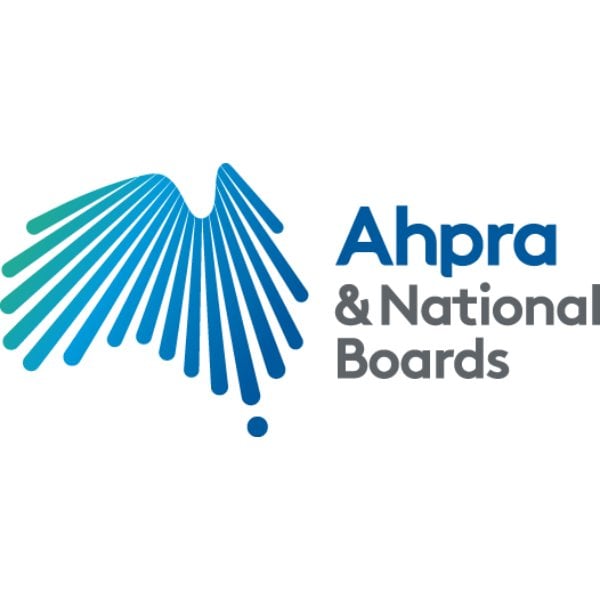

Kate is not new to the realm of cosmetic surgery. At 40 years old and a mother of three children, Kate first got a cosmetic procedure when she was in her early 20s.
Over the years, Kate continued to feel self-conscious about her looks. And with those feelings of insecurity came the decision to have various cosmetic surgeries. And one of those was a breast augmentation.
Unfortunately for Kate, it was a traumatic experience that not only affected her self-esteem, but also her family, marriage and mental health.
"Five years ago I wanted to get my breasts augmented again after having two more children on top of my first child. I thought it would be a simple procedure. I ended up engaging with an Australian cosmetic surgeon, and had the surgery in Australia. I thought by having it done here, by someone calling themselves a surgeon, it would be safer. But it wasn’t. It was a traumatic experience, which has changed my life," Kate shares.
"I've got PTSD from it. It almost ruined my marriage."
It's stories like Kate's that have inspired action.
The Australian Health Practitioner Regulation Agency (Ahpra) has launched a Cosmetic Surgery Hotline (1300 361 041) to make it safer for cosmetic surgery patients to report harm.
What exactly is the Cosmetic Surgery Hotline?
As a government body that regulates Australia's health practitioners, Ahpra wants to reduce the risk of harm and malpractice from cosmetic surgery.
It recently commissioned a review of patient safety in the cosmetic surgery sector, which found that a lot of experiences of harm weren’t being reported, meaning that bad practices were continuing unchecked.
Top Comments